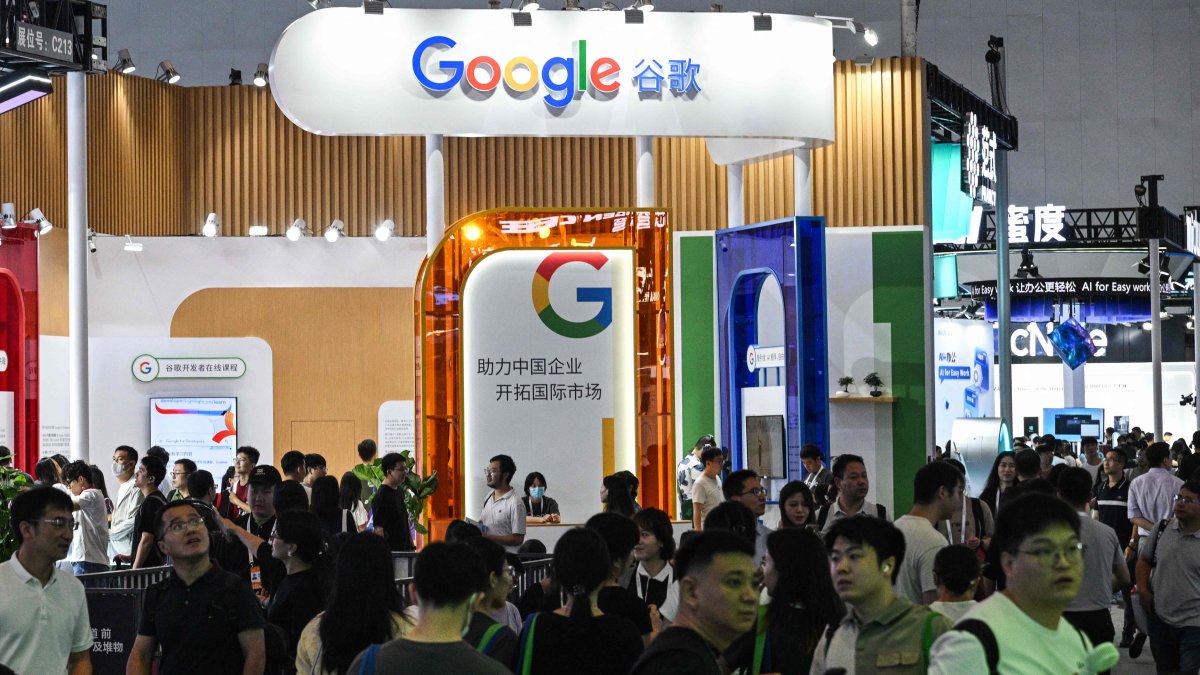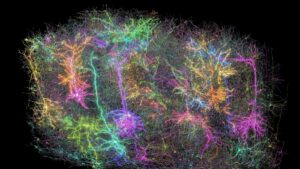French social media platforms have recently seen a surge in racist videos and images created using Google’s latest artificial intelligence video generator, Veo 3, which became available in Europe earlier this month. The widespread dissemination of this content has sparked public outrage and renewed debate over the regulation of generative AI.
Initially launched in the United States in May 2025, Veo 3 enables users to create highly realistic videos from text prompts. Since its European release in early July, the tool has been used to produce and circulate discriminatory content targeting Black, Arab, Asian and Jewish communities. Much of it has appeared on TikTok, where several French accounts have drawn hundreds of thousands of views.
Many of these videos employ offensive stereotypes under the guise of humor, often imitating popular online formats such as street interviews and vlogs. Some depict racially charged scenes with high levels of visual realism, marking a shift from earlier AI-generated media that was often dismissed for its poor quality.
Observers have identified at least 17 French TikTok accounts consistently publishing such videos. According to digital rights advocates, the viral nature of this content illustrates how generative AI is increasingly weaponized to spread hate speech and racial caricatures on a massive scale.
This is not the first time AI tools have faced scrutiny. In 2016, Microsoft’s AI chatbot Tay was suspended after it began posting racist and hateful comments within hours of being launched on Twitter.
Under French law, incitement to racial hatred and dissemination of racist content are criminal offenses, punishable by up to one year in prison and fines reaching 45,000 euros ($49,000). In practice, social media platforms often intervene first by banning offending accounts or removing problematic content.
At the European level, regulatory efforts have begun to address the risks posed by advanced AI tools. A law that took effect in February 2025 prohibits the use of AI systems for social scoring, facial or voice recognition and behavioral manipulation, signaling a growing commitment to curbing the misuse of such technologies.
As the sophistication of generative AI accelerates, calls are intensifying for stricter oversight and clearer accountability measures to prevent platforms and developers from enabling large-scale dissemination of racist and harmful content.




















































Be First to Comment